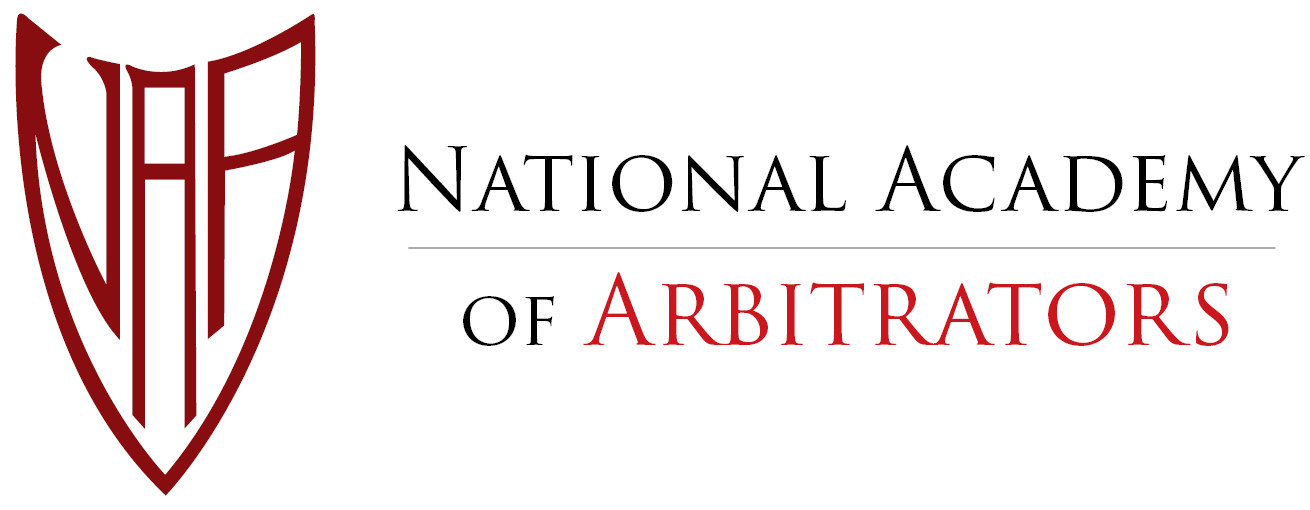On Friday, April 12, the U.S. Supreme Court, in a 9-0 unanimous decision, ruled that plaintiffs who worked as distributors for the company that makes Wonder Bread and other baked goods could not be compelled under the Federal Arbitration Act to arbitrate their claims for unpaid wages based on the industry in which they work. The court’s decision in Bissonnette v. LePage Bakeries, written by Chief Justice Roberts, concluded that the industry-test urged by the employer was not a qualifier for the FAA’s statutory exclusion for transportation workers engaged in interstate commerce. The National Academy of Arbitrators submitted an amicus brief supporting the plaintiff’s view that the FAA did not apply.
The court’s ruling rejected the employer’s argument because a transportation industry requirement is not included in the text of the federal law. The Second Circuit Court of Appeals had agreed with the company, although an appeals court in the First Circuit reached the opposite conclusion in a different lawsuit. The Supreme Court heard the case to resolve the disagreement.
In explaining the court’s reasoning, the Chief Justice relied on Southwest Airlines v. Saxon, a 2022 case in which the Academy also submitted an amicus brief supporting the decision. In that case, the court held that ramp agents handling baggage on planes are excluded from coverage under the FAA because they assist in the movement of commerce across state lines, even if the workers do not travel on the planes. In both Saxon and Bissonnette, the court emphasized that the appropriate focus should be on the work performed by those who do the work, and not on the business or industry involved.
The Chief Justice wrote that the industry-test proposed by the employer, “would often turn on arcane riddles about the nature of a company’s services. Does a pizza delivery company derive its revenue mainly from pizza or delivery? Do companies like Amazon and Walmart – which both sell products of their own and transport products sold by third parties – derive their revenue predominantly from retail or shipping?” In the court’s view, answers to these questions would require substantial pretrial discovery and mini-trials and would “breed litigation from a statute that seeks to avoid it.”
As a result of the Supreme Court’s decision, the Bissonnette case, originally filed in 2019 as a class action in Connecticut, will be returned to a lower court to resolve other questions, including whether the workers’ duties involve merchandising more than transporting product, and whether they are engaged in interstate commerce when picking up baked goods made in another state for delivery within a state. Other litigation involving the FAA exclusion continues to generate interest in lower courts, potentially affecting millions of workers, drivers and many others, throughout the U.S.
With the prospect of ongoing litigation over the scope of the transportation worker exclusion, the Academy has urged the Supreme Court to rely on longstanding U.S. experience with employment and labor laws; for example, laws and practice for both union and non-union transportation workers under the National Labor Relations Board, the Railway Labor Act, and the Fair Labor Standards Act.
The FAA has been the subject of a number of disputes since the 1980s. Since then, it has been increasingly used to compel arbitration for employees and consumers despite objections that arbitration often is a mandatory condition for getting a job or for doing business with a company. Some opponents of arbitration urge that the public interest is better served if individual discrimination and retaliation claims, and class actions, are permitted to go forward in court. Responding to objections about misuse of arbitration, Congress enacted a law in 2022 banning forced arbitration of sexual assault and sexual harassment cases. Legislation is now pending to extend this ban to claims of race and age discrimination.
The Academy’s amicus brief in Bissonnette was prepared by Barry Winograd as counsel of record, and by Matthew W. Finkin and Lise Gelernter. The Supreme Court’s decision can be found here.
Read Academy member Barry Winograd’s two-part commentary of this decision on Verdict by Justica here and here.
